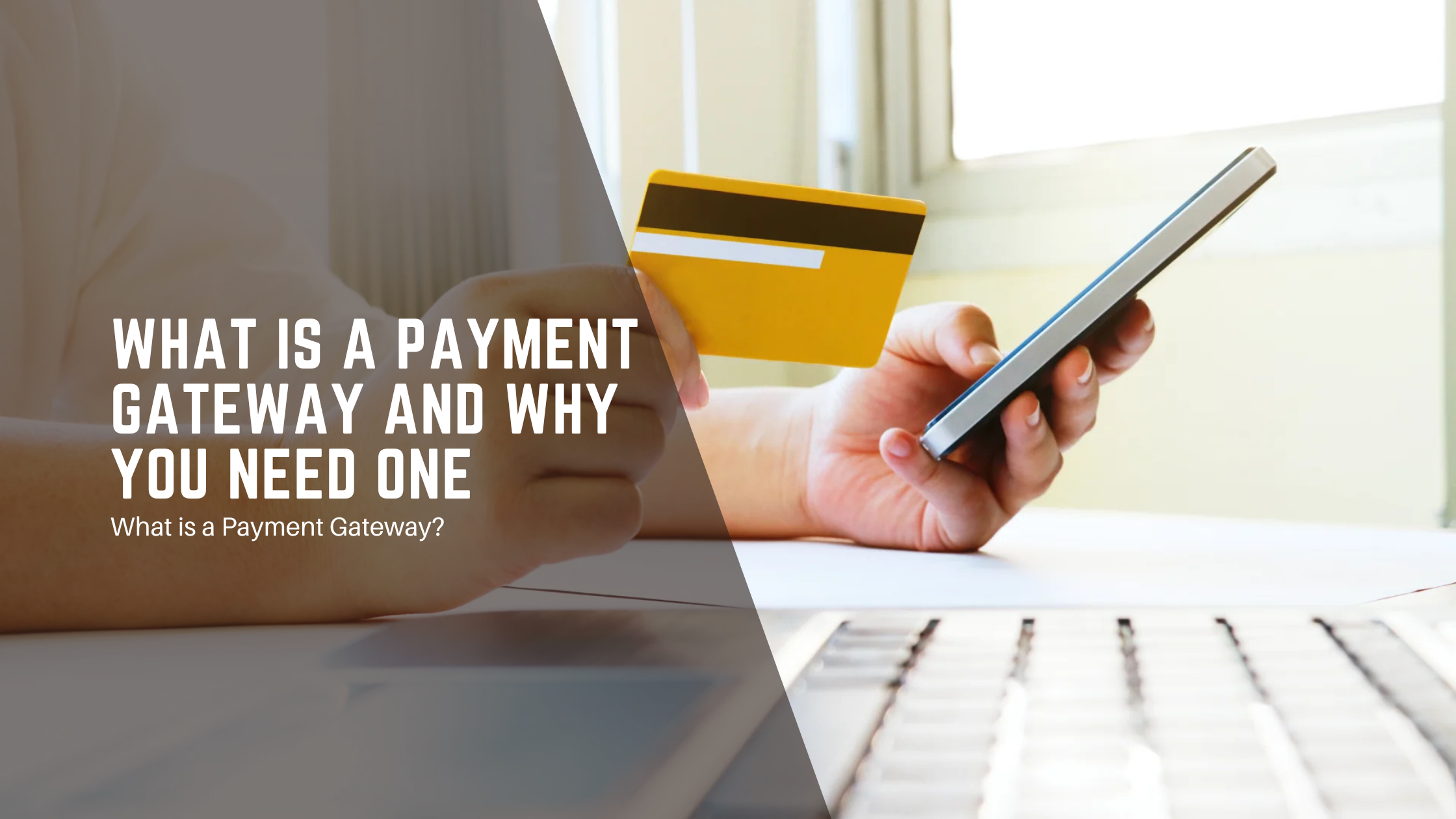February 23, 2026

-
Written by: Merchant Connect UK
- December 12, 2024
n today’s fast-paced digital economy, businesses need seamless and secure ways to process payments. For companies in industries like eCommerce, iGaming, or high-risk sectors, a reliable payment gateway is an indispensable tool. But what exactly is a payment gateway, and why is it so crucial?
What is a Payment Gateway?
A payment gateway is a technology that facilitates online payment transactions. Acting as the bridge between your website and the financial institution processing the payment, the gateway ensures the secure transfer of sensitive data such as credit card details.
In simple terms, it’s the digital equivalent of a point-of-sale terminal in a physical store. It authorizes payments, encrypts customer data, and ensures that transactions are fast, smooth, and safe.
How Does a Payment Gateway Work?
- Customer Initiates Payment: When a customer places an order and enters their payment details, the gateway encrypts this information.
- Data Transfer: The encrypted data is sent to the acquiring bank for authorization.
- Approval/Decline: The bank communicates with the customer’s card issuer to approve or decline the transaction.
- Completion: Once approved, the payment gateway notifies both the merchant and the customer, completing the transaction.
Why Do You Need a Payment Gateway?
1. Security and Fraud Prevention
One of the primary roles of a payment gateway is to protect sensitive customer information. Advanced encryption protocols, tokenization, and fraud detection measures safeguard against data breaches and unauthorized transactions.
2. Multiple Payment Options
Today’s customers demand flexibility. A payment gateway allows businesses to accept multiple payment methods, including credit/debit cards, digital wallets, bank transfers, and even cryptocurrency.
3. Seamless Customer Experience
A fast and reliable payment process improves customer satisfaction. With features like one-click payments and mobile-friendly interfaces, payment gateways make transactions hassle-free.
4. Scalability for Global Transactions
For businesses operating in international markets, a payment gateway enables cross-border payments, currency conversion, and compliance with regional regulations. This is especially vital in industries like iGaming, where global players are the norm.
5. Compliance and Regulations
A payment gateway helps businesses adhere to industry standards such as PCI DSS (Payment Card Industry Data Security Standard), ensuring compliance with legal and financial regulations.
Choosing the Right Payment Gateway
When selecting a payment gateway, consider factors such as:
- Integration: Ensure it integrates seamlessly with your platform.
- Fees: Compare transaction fees and monthly costs.
- Customer Support: Reliable support is crucial in resolving payment issues.
- High-Risk Compatibility: For industries like iGaming or forex, choose a gateway experienced in high-risk payment processing.
Conclusion
A payment gateway is more than just a tool—it’s the backbone of modern online transactions. Whether you’re running an online store, an iGaming platform, or a subscription-based service, a robust payment gateway ensures security, customer trust, and business growth.
By choosing the right gateway, you’re not just processing payments—you’re creating a seamless, secure experience for your customers.
Ready to optimise your payment processing? Learn more about integrating a high-risk payment gateway tailored to your business needs.
For expert guidance on payment gateways for high-risk industries, contact us
Categories
- Banking(16)
- IBAN(2)
- Industry Insights(39)
- Merchant Account(9)
- Online Payments(21)
Recent Post
February 8, 2026
IBAN & Virtual Account Solutions for High-Risk Merchants
January 17, 2026
